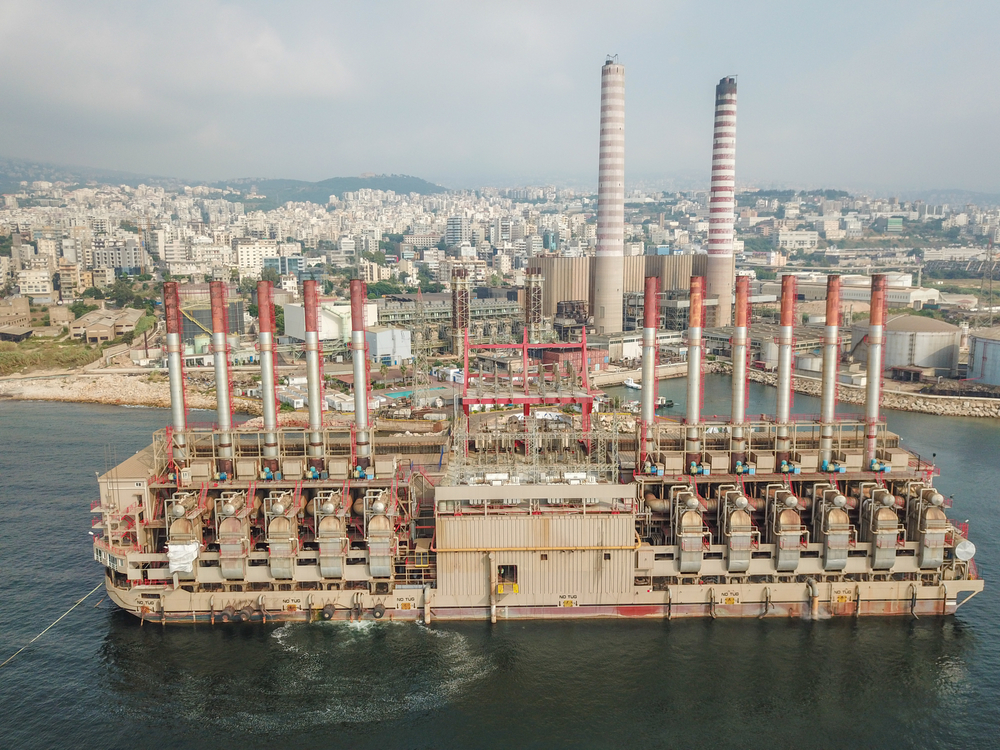In the middle of a massive energy crisis, Cuba has been resorting to powerships — floating power plants — provided by Turkish company Karpowership. As of the end of August, at least five 250-megawatt energy supply ships had been operating near the island, providing relief to the government of President Miguel Díaz-Canel.
On September 5, the Finance and Prices Ministry said that the unorthodox decision to import power plants was forced “by breakdowns in the national electricity system.” The measure is set to remain in force until December.
During the last two months, Cubans have been complaining about recurring power cuts, damaging business owners who are already fighting an economic crisis fueled by the pandemic and sanctions. The problem increased when uncontrolled fires used up part of Cuba’s largest oil stores last month.
Heavily affected by the lack of alternative energy sources — almost the entirety of Cuba’s energy mix comes from fossil fuels — the country is on a quest to spawn a minimum-demand level of 3,000 megawatts to avoid protests and deeper economic problems.
Last month, the Mexican government offered support from state-owned oil company Pemex to restore Cuba’s oil facilities. Venezuela, another left-wing ally, also reached out in recent times of need.
In 2021, inflation surpassed the 70-percent mark in Cuba, with shy GDP growth of 1.3 percent (below the previous forecast of 2 percent). The Economic Commission for Latin America and the Caribbean (ECLAC) expects growth of 3.4 percent in 2022, a projection that could be disturbed by the recent crisis.


 Search
Search






































